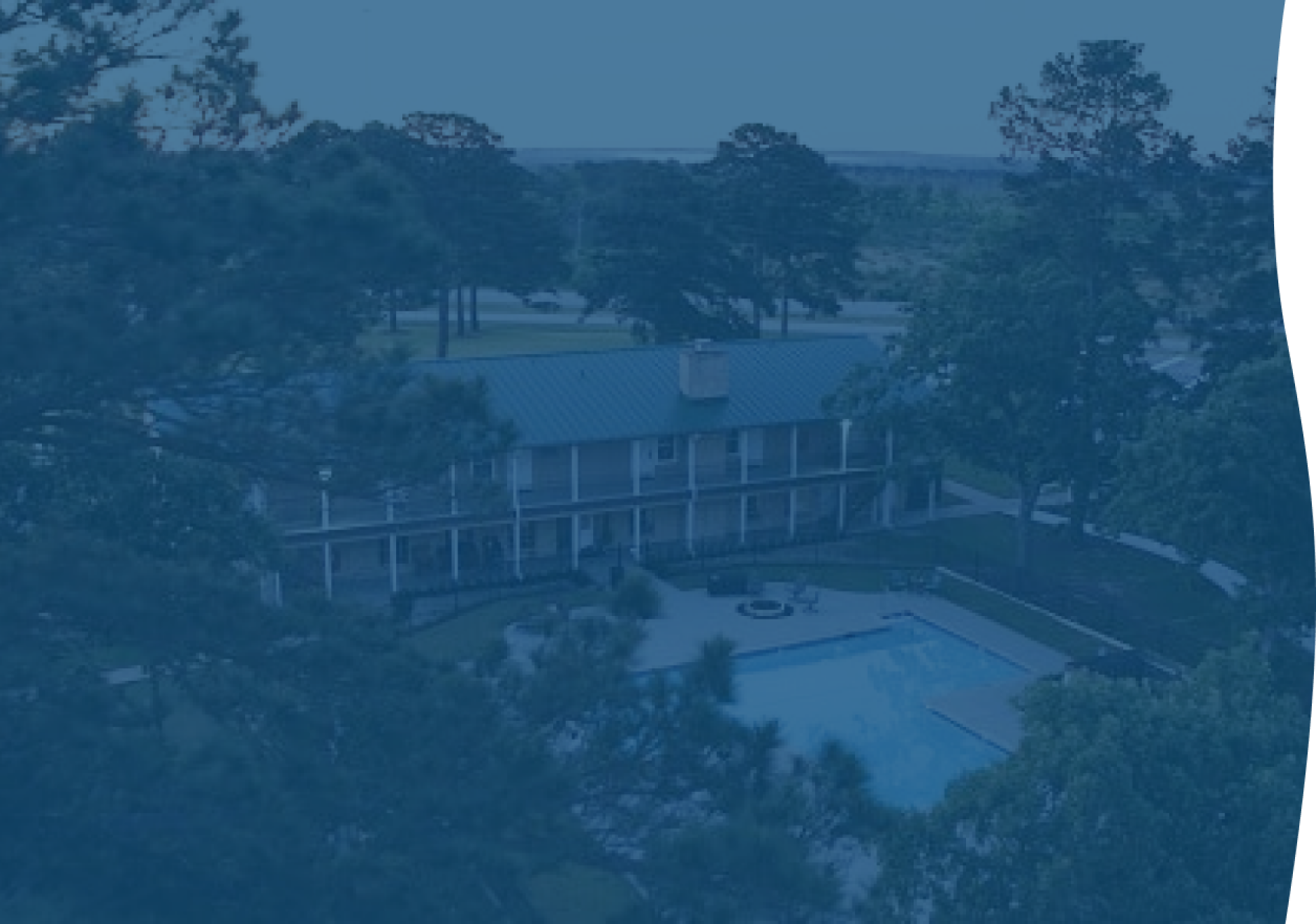Over the past few decades, there has been an increase in drug and alcohol abuse across all states in the US. Drug-related overdose fatalities have steadily risen since 2011. While each state battles with substance use disorder, Texas presents several unique concerns. A research carried out by the University of Texas shows that opioids are the number one cause of death in Texas as a result of drug poisoning. In addition, the primary substance use disorderd in Texas is alcohol.
In Grand Prairie, there has been an increase in the number of drug busts that involve the extremely potent fentanyl. The drug fentanyl also goes by the street name greenies. Another drug that has hit Grand Prairie hard is flakka. The drug which first made headlines in 2014, is a newer version of bath salts. In general, bath salts are psychoactive synthetic drugs. Other drugs widely abused in Grand Prairie are heroin and tramadol.
The number of drug overdose fatalities in Dallas and Tarrant County in 2017 was about 1,379 deaths. Moreover, a report released by the University of Texas about drug abuse in the state of Texas revealed that:
- Methamphetamine use has steadily risen and by 2017, there was an increase of 37% in the seizures
- The use of benzodiazepine has remained stable, however, the number of fatalities it has caused has increased
- Texans are abusing other opioids like codeine and methadone while the use of hydrocodone is on the rise.
- PCP use, which peaked in 2015, continues to be a problem in the state
Texas is reported to have the highest number of alcohol-related deaths and drunk driving in the country. In 2016 alone, there were 3,390 wrecks which resulted in 3,757 deaths.
Addiction Treatment
The treatment you receive in a rehab in Grand Prairie will depend on the type of addiction, your past medical history, and age. Grand Prairie drug rehab centers are broadly categorized as outpatient or inpatient.
Outpatient Rehab
Patients attend the drug rehab centers in Grand Prairie on a scheduled program. Once they are through with the day’s treatment plan at the Grand Prairie rehab, they can go back to school, work, or home.
Inpatient Rehab
It’s also known as residential rehab. Inpatient rehab facilities Grand Prairie provide patients with safety, support, structure, and 24/7 supervision. The inpatient Grand Prairie rehab facilities come with the option of standard, executive, or luxury rehabs.
Luxury rehab in Grand Prairie provides patients with posh facilities as well as various amenities like cutting-edge therapeutic treatment, gourmet meals, adventure programs, and massage therapy.

Help for College Students
College students in the city have not been left out. They are also vulnerable to alcohol and drug abuse. Going to college can cause anxiety to a lot of students not to mention the constant pressure they are under to fit in socially and at the same time perform at school. The temptation to use drugs is often strong because the students find the drugs help them study harder and make the socializing process easier.
Many of the college students start by using psychotropic substances before moving on to other drugs. The most prominent drugs in college are alcohol, marijuana, cocaine, ecstasy, LSD, mushrooms, prescription pills like Adderall, among other types of hallucinogens.
Thankfully, medically monitored detox and treatment in a drug rehab Grand Prairie co and alcohol rehab Grand Prairie can greatly assist in offsetting the adverse effects caused by the statewide drug crisis in Texas. Houston AA meetings and AA meetings in Longview are also great options, as well as AA meetings in San Antonio.
Types of Treatments and Detox in Grand Prairie Rehab
When you stop taking drugs or alcohol, you will experience withdrawal symptoms. A medically assisted detox in a rehab center Grand Prairie usually involves using substitute medication to help reduce the withdrawal symptoms. Detoxification in a detox center Grand Prairie is seen as the first step of treatment, and an effective process before an individual can join NA Grand Prairie.
12-Step Approach
The 12-step program suggests 12 actions that an addicted person can take to overcome their substance use disorder problem. Initially created for the Alcoholic Anonymous program, the 12-steps approach has been modified over the years to address various types of substance dependency and abuse problems such as Narcotics Anonymous Grand Prairie.
In Alcoholics Anonymous Grand Prairie, the people with alcohol addiction attend the meetings together depending on the Grand Prairie AA meeting schedule. Groups such as NA and AA Grand Prairie hold meetings regularly. Once you’re done with the formal treatment in a drug rehab in Grand Prairie, the 12-step program in AA meetings Grand Prairie will go a long way in helping you maintain sobriety.
Grand Prairie AA meetings and NA meetings Grand Prairie are essential for a person in recovery. They will keep you on the right track and help you lead a normal life once again.
The Non-12 Step Program
This type of approach places emphasis on substance use abstinence. This treatment method in the alcohol treatment centers Grand Prairie and Grand Prairie drug rehab gives individuals who are addicted self-empowerment.
Under the non-12 step rehab in Grand Prairie, patients undergo:
- Medically supervised detox Grand Prairie for both out and inpatient programs. The patients are often given medications to reduce symptoms and cravings
- The main treatment commences after the medical detox Grand Prairie, which may include individual counseling with a focus on CBT (Cognitive Behavioral Therapy), and REBT (Rational Emotive Behavioral Therapy).
- Family and couples counseling
Dual Diagnosis Treatment
If you have a substance use disorder problem and a mental health illness at the same time, it’s referred to as dual diagnosis. The best way to deal with a co-occurring disorder is to treat both of them simultaneously at a dual diagnosis rehab in Grand Prairie.
SMART Recovery Program
The Self-Management and Recovery Training (SMART)programs in rehabs in Grand Prairie help people addicted to gain independence from drugs or alcohol addiction. SMART recovery in a drug rehab Grand Prairie teaches individuals proven, practical, recovery, and self-management skills.
How to Pay for Substance Use Disorder Treatment Grand Prairie
The cost of treatment will vary between rehab centers Grand Prairie. That said, there are a number of ways to pay for your addiction treatment in rehab facilities in Grand Prairie and they include:
Insurance
The amount your insurance covers will depend on two things: the insurer and what is accepted by the health provider. There are different types of insurance which may cover the cost of your addiction treatment in Grand Prairie rehab centers and they are:
- Medicare
- Medicaid
- Military insurance
- State-financed health insurance
- Private insurance
SAMHSA Grants
SAMHSA offers several funding opportunities for people who are struggling to cover the cost of rehab treatment. You can apply for a SAMHSA grant via Grants.gov.
Sliding Scale
Many treatment centers in Grand Prairie have payment plans which depend on their clients’ income. Ask for an affordable payment plan in your rehab Grand Prairie.
Other ways through which you can pay for your treatment at rehabilitation facilities in Grand Prairie are:
- Personal savings
- Paying using your credit card
- Taking out a loan
- Borrowing from family or friends
- Borrowing from your IRA fund or 401 (k)
Sometimes, you may have to take on a loan to pay for your treatment at a rehab center. Taking on a debt can make you anxious. The important thing to remember is that going for treatment in rehab centers in Texas is an investment and over time it will pay off. If you think that traveling to Texas then give us a call and find out more about Willow Springs Recovery, our addiction treatment facilities in Texas.
- 2022 Rehab Centers in Dallas, Texas
- Abilene Rehab
- Amarillo Rehab
- Arlington Rehab
- Austin Rehab
- Beaumont City Rehab
- Brownsville Rehab
- Carrollton Rehab
- Corpus Christi Rehab
- Del Rio Rehab
- Denton Rehab
- El Paso Rehab
- Fort Stockton Rehab
- Fort Worth Rehab
- Frisco Rehab
- Garland Rehab
- Grand Prairie Rehab
- Houston Rehab
- Irving Rehab
- Killeen Rehab
- Laredo Rehab
- Longview Rehab
- Lubbock Rehab
- McKinney Rehab
- Mesquite Rehab
- Midland Rehab
- Odessa City Rehab
- Pasadena Rehab
- Plano Rehab
- Round Rock Rehab
- Terlingua Rehab
- Top Addiction Rehab Center in McAllen, Texas
- Waco Rehab
- Wichita Falls Rehab
Medical disclaimer:
Sunshine Behavioral Health strives to help people who are facing substance abuse, addiction, mental health disorders, or a combination of these conditions. It does this by providing compassionate care and evidence-based content that addresses health, treatment, and recovery.
Licensed medical professionals review material we publish on our site. The material is not a substitute for qualified medical diagnoses, treatment, or advice. It should not be used to replace the suggestions of your personal physician or other health care professionals.







